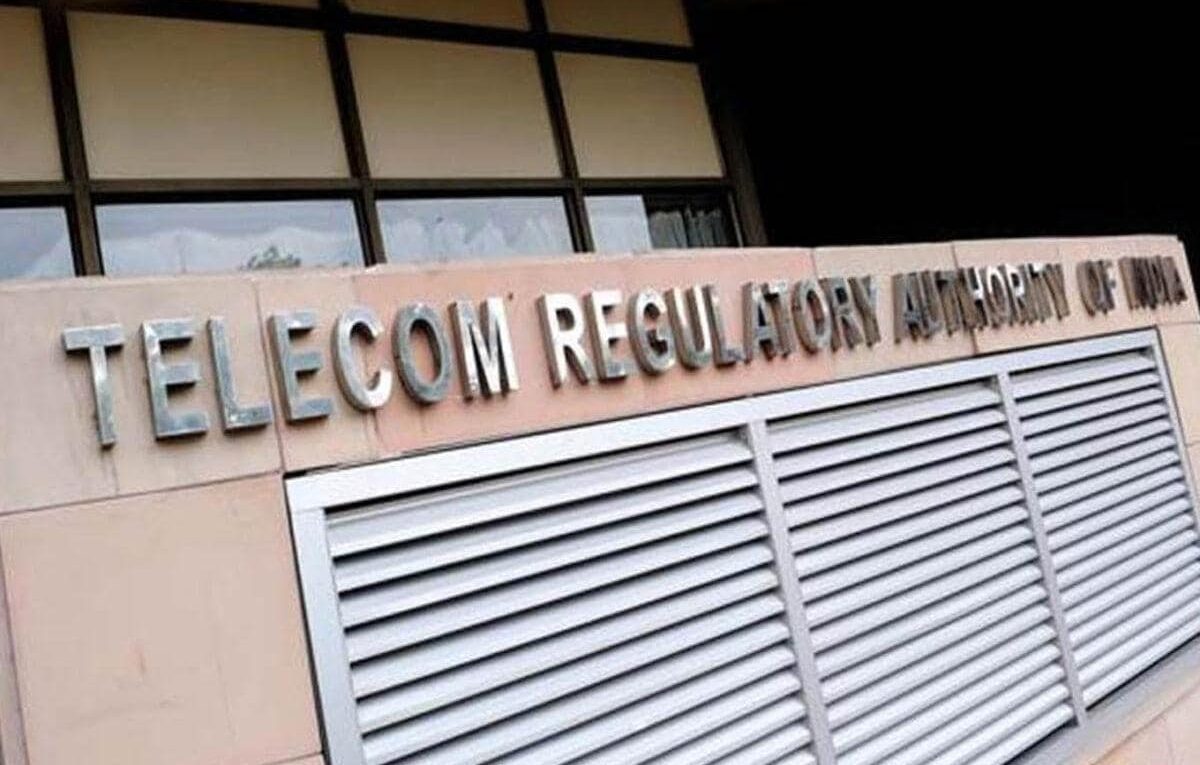‘73% respondents on Trai’s consultation paper seek satcom allocation’
About three-quarters of the participants, including Starlink, Amazon and OneWeb, have called for satellite spectrum to be allocated through an administrative process rather than through an auction, according to space industry body ISpA.
In a Trai advisory paper, telecom operators Reliance Jio and Vodafone opposed allocating spectrum for satellite communications through an administrative process citing a Supreme Court order, which declared that the right to use such spectrum could only be transferred through a transparent auction.
However, Bharti Airtel supported the claim of satellite companies to allocate spectrum through administrative processes. Bharti Group owns majority stake in OneWeb.
The Telecommunications Regulatory Authority of India (TRAI) has issued a Consultation Paper on Spectrum Allocation for Satellite Communications.
According to the Indian Space Society team’s research, about 73 percent or 47 of the 64 participants called for spectrum to be allocated through an administrative process.
“The vast majority, which includes all space actors, strongly supports the administrative allocation of satellite spectrum. This reinforces the point of view of the International Space Agency. Our proposals are in line with global best practices, which have enabled the successful adoption of space communication technology,” stated ISpA Director General , AK Bhatt, for PTI.
Amazon said it has plans to launch Project Kuiper, a non-geostationary constellation (NGSO) of more than 3,000 satellites in low Earth orbit (LEO) that will provide high-capacity, high-speed, low-latency broadband services to residential customers, schools, and businesses, Including those in remote communities in India.
While pushing to allocate spectrum through an administrative process, the company said the Supreme Court ruling does not oblige the government to allocate spectrum through auction only.
Elon Musk’s Starlink has invoked Antyodaya’s government mission to provide benefit from all its development work to people even in the last stratum of society.
Stralink said NGSO’s satellite towers are capable of rapidly deploying anywhere to provide high-speed, low-latency satellite broadband and is “one of the fastest ways toward fulfilling the promise of Antyodaya” and finally bridging the connectivity gap for currently disadvantaged communities. .
Bhatt said there was a need to be careful and avoid mistakes made by countries such as the United States, Brazil, Mexico and Thailand, which initially chose to auction off space spectrum.
“We are optimistic that TRAI will take a comprehensive view of the scenario and decide according to the growth-oriented vision of the government, fair connectivity landscape, and the growing space startup industry in the future, conducive to the long-term overall growth of our economy.”
Another industry body, Satcom Industry Association of India (SIA-India), said the high number of positive responses reflected a broad consensus among stakeholders regarding the preferred approach to satellite spectrum allocation.
“It highlights the recognition of the efficiency and effectiveness of the administrative methodology in ensuring optimum utilization of spectrum resources, rather than auction,” said SIA-India.
The industry body said that the methodology for administrative allocation of satellite spectrum has gained support from leading industry associations such as Broadband India Forum (BIF), Nasscom, Global Satellite Operators Association (GSOA), US Indian Business Council (USIBC), Asian Video Industry Association (AVIA), and ITU. -APT in India (IAFI) etc.
“Many prominent companies and start-ups in the space sector have also expressed a preference for the management appointment methodology,” said SIA.
However, the Satcom triggers proposal has met with opposition from global telecom industry body GSMA, PHD Chamber of Commerce and Industry (PHDCCI), NGN Forum, Buzzword (Telecom Users Association of India) etc.
Reliance Jio has argued that allocating spectrum between space and terrestrial networks should achieve maximum public good and serve the largest number of people.
“There is no better way than free and fair auctions to achieve this goal. A spectrum auction is the most transparent way to allocate spectrum and allows service providers to decide on their technology, whether it’s terrestrial, satellite or something else,” said Reliance Jio. .
She said that the Supreme Court had stated unequivocally that the right to use such spectrum could only be transferred through a transparent auction and that only the Supreme Court could change this policy on spectrum allocation.
Vodafone India Ltd (VIL) said spectrum from 27.5GHz to 29.5GHz (including 27.5GHz to 28.5GHz) should be auctioned in a fair and transparent manner in line with the 2012 Supreme Court ruling and same service, same rules principle.
